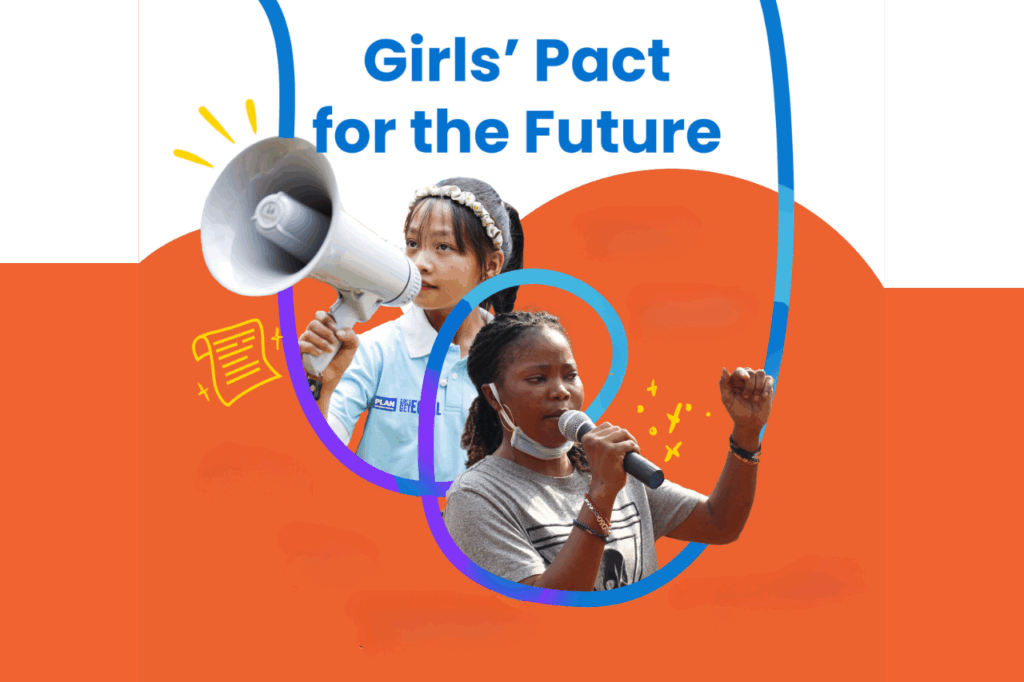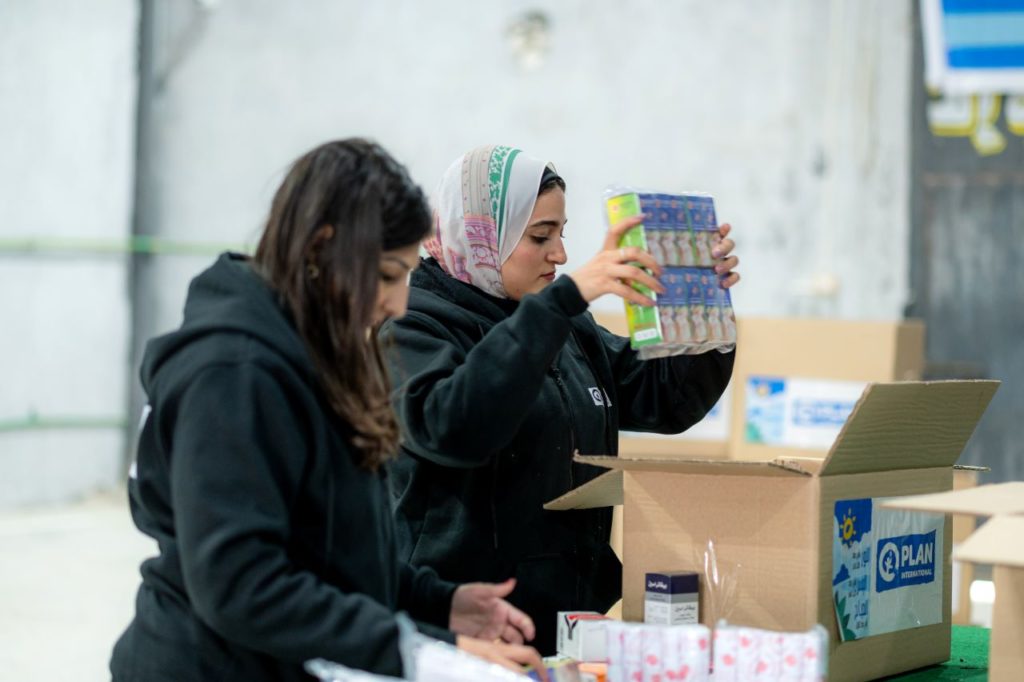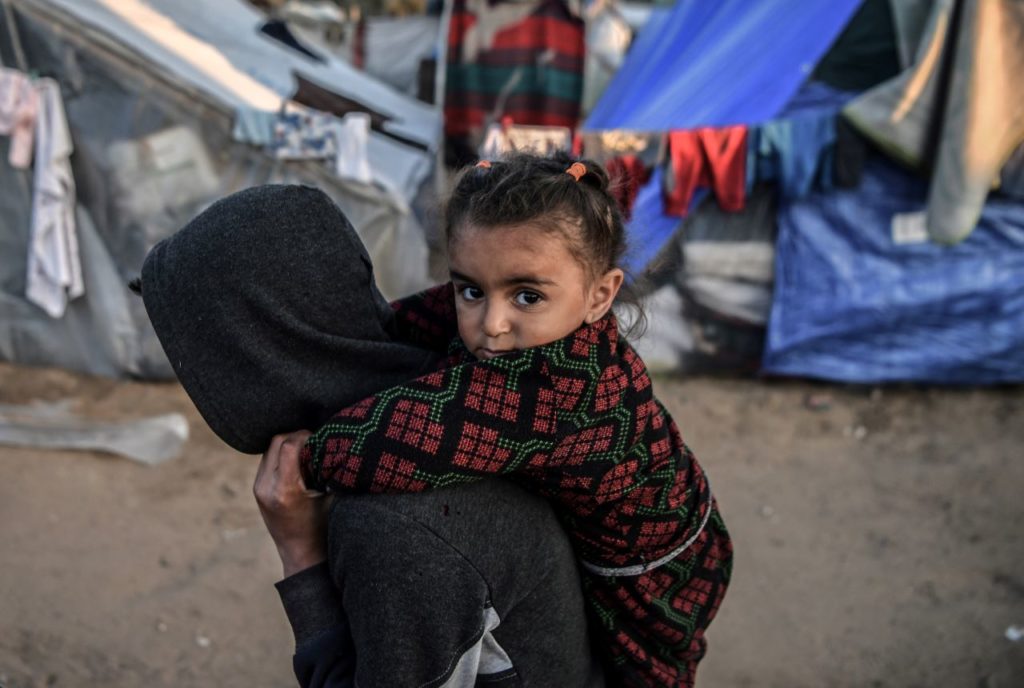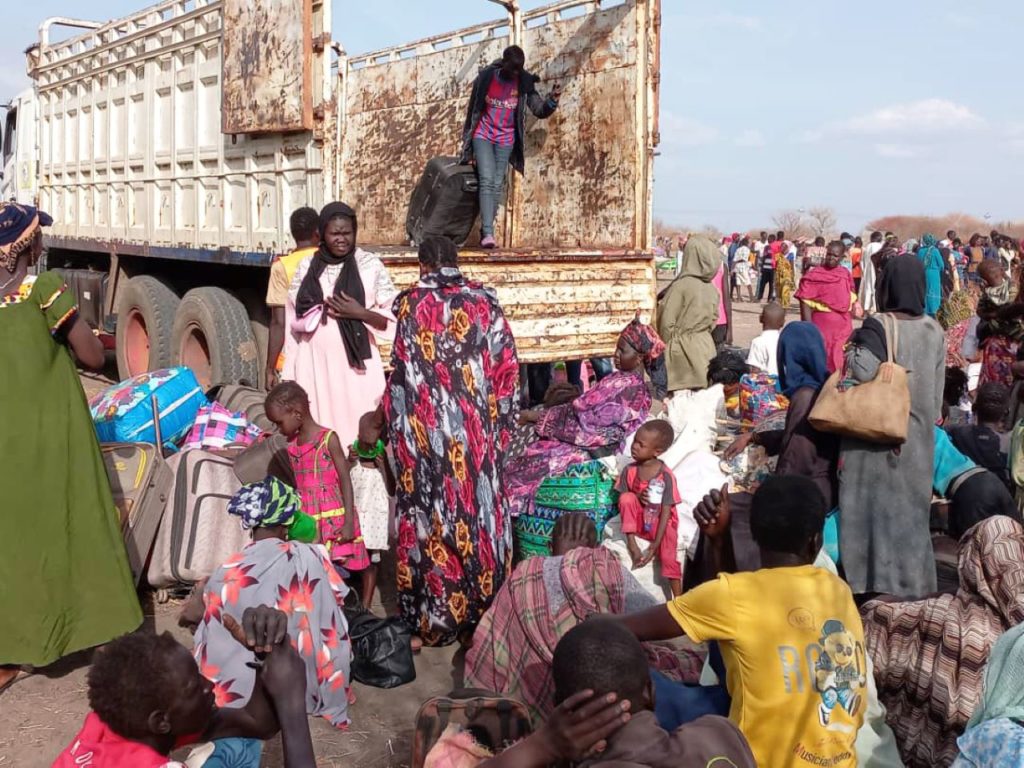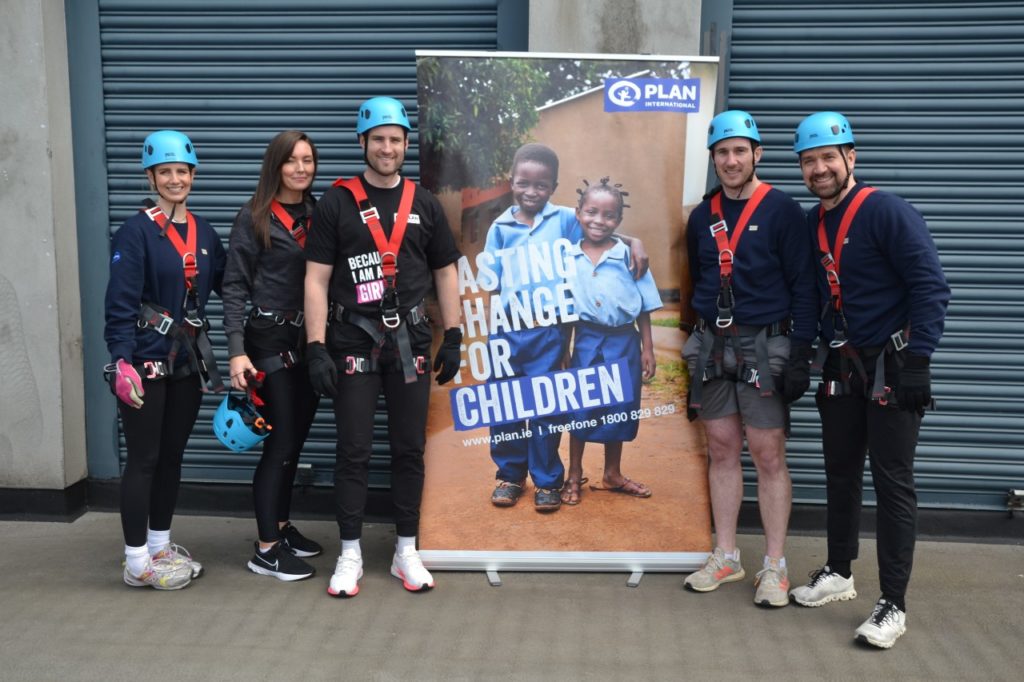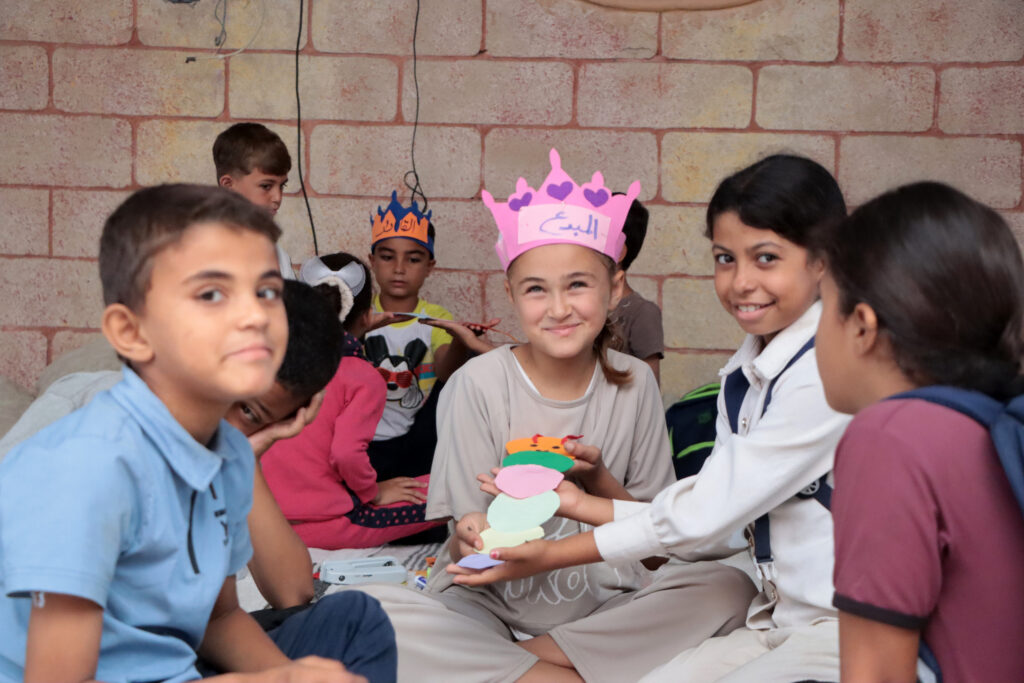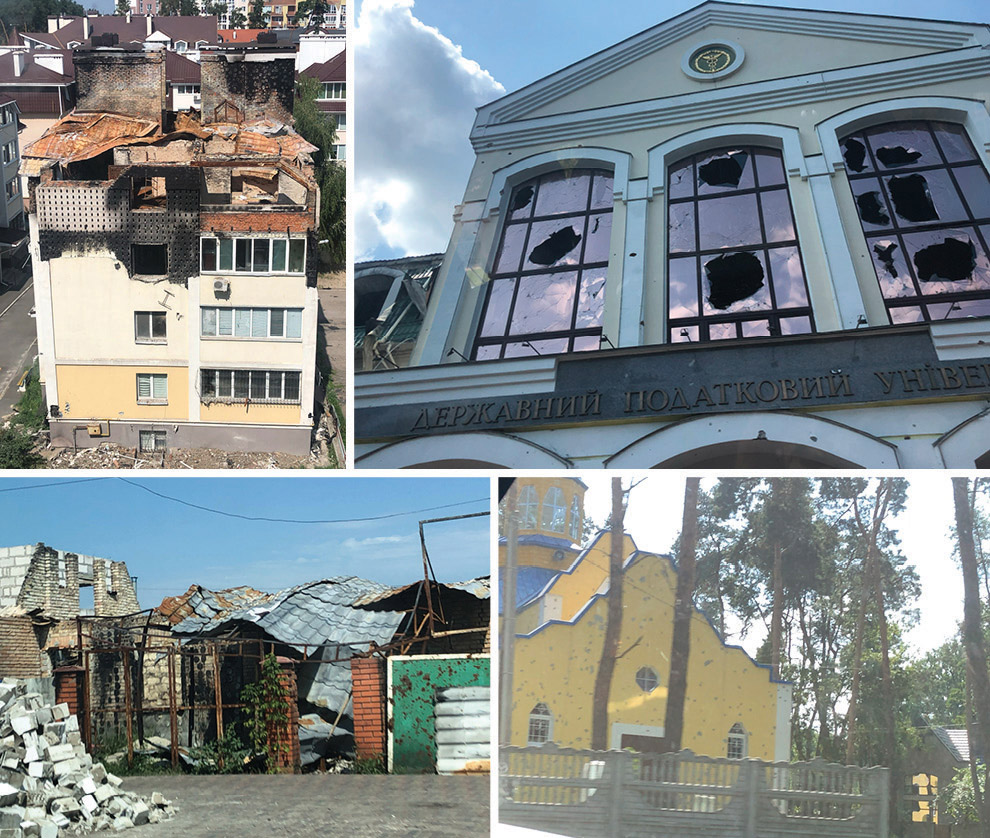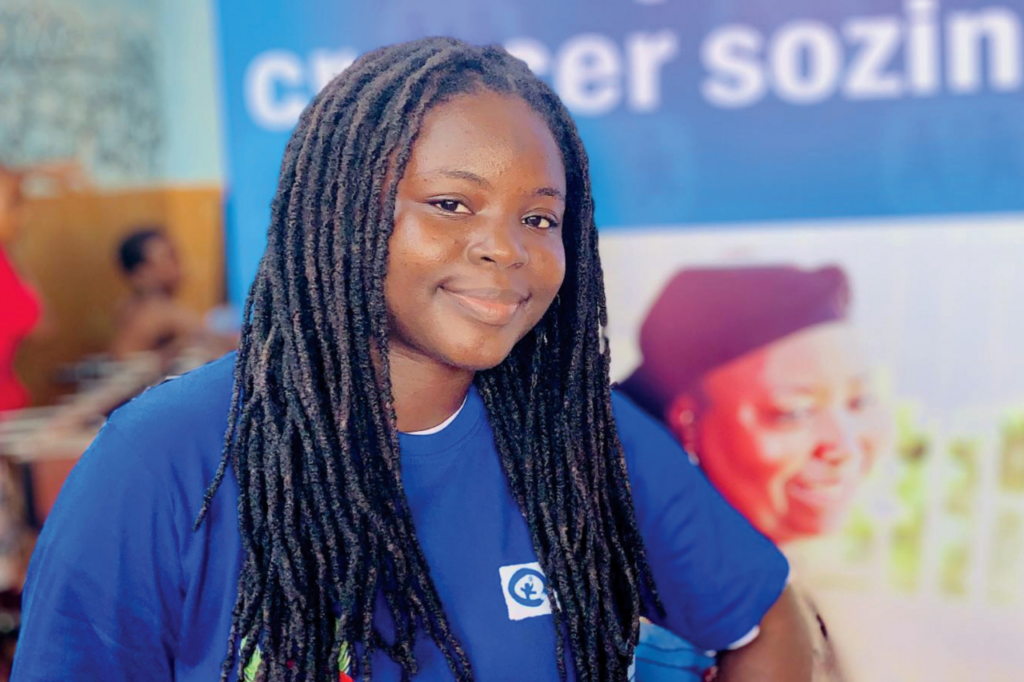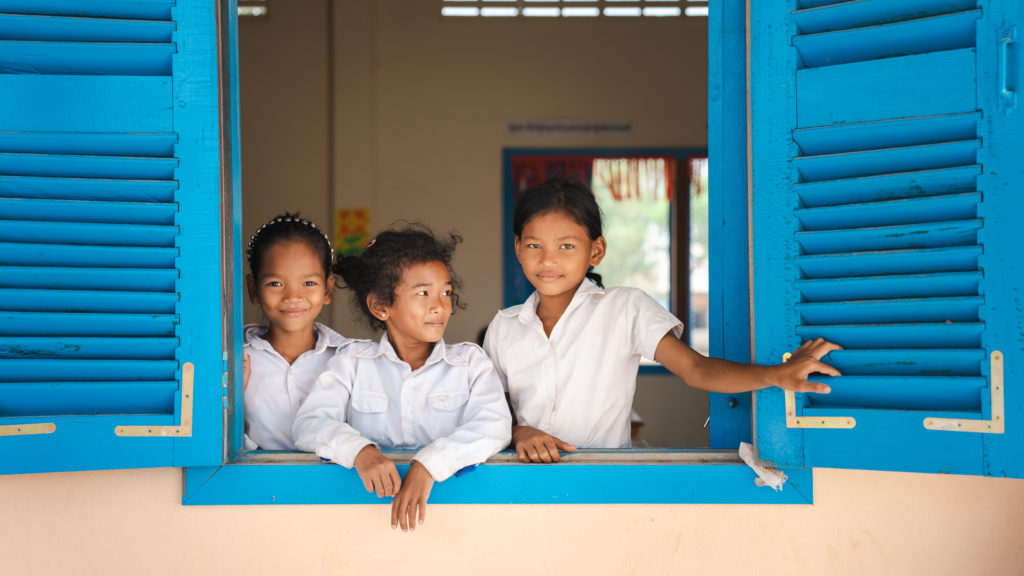Women of three generations in Burkina Faso – a grandmother, her daughter and teenage granddaughter – share their different experiences of managing menstruation through the years.
“When I was young, a girl who got her first period was scared and frightened,” says Marie, 76. “She’d talk to her mother, who’d give her a sheepskin to sleep on until the bleeding stopped. At that time, girls and women were isolated during their periods. They washed their sheepskin and their protective materials every day, which is why in the Moore language, we use the word ‘washing’ to refer to the time of menstruation.”
Sitting together beneath a tree in Kokologho, west-central Burkina Faso, engaged in forming balls of seeds to make a condiment called soumbala, three women – matriarch and grandmother Marie, known as Yaaba to her grandchildren; her daughter, Aminata, 60, and granddaughter, Nassiratou, 18, have come together to compare their experiences of menstruation through time.
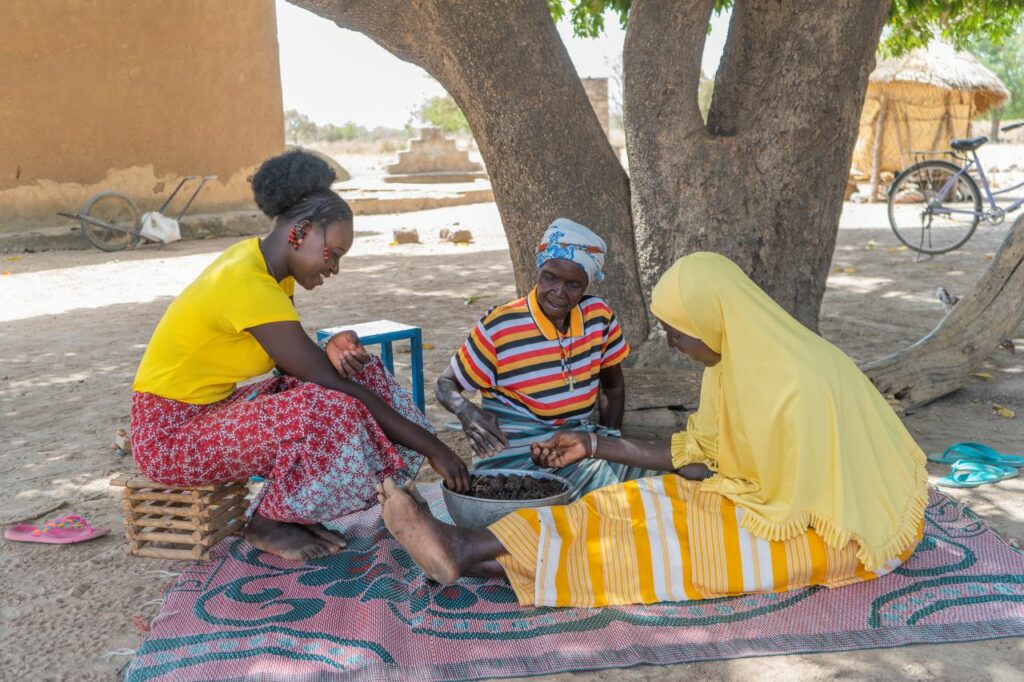
“Menstruation was considered dirty and repulsive,” says Marie. “A woman on her period was not allowed to cook, participate in any community or religious activities, or attend any celebrations until the bleeding stopped. When the girl had her first period, the mother would inform the girl’s father or the head of the family, who would then arrange the girl’s marriage.”
In the past, women used a thick, traditional, cotton cloth called Faso Danfani to manage their periods, which, says Marie, often caused irritation between the thighs. By the time her daughter Aminata got her period, a newer, cheaper industrial wax fabric was available. “Our mothers gave us pieces of cloth to protect ourselves,” Aminata explains, “and that was it; we didn’t talk about it anymore.”
For Nassi however, things are very different. “When I had my period for the first time, I wasn’t afraid,” she smiles. “I started managing it without telling my mother. Disposable sanitary pads are available in shops in my village.”
At first, Aminata found talking about periods to her own daughter awkward – “because we were both ashamed,” she laughs. “Now, we still talk about it with a little embarrassment, but thanks to the awareness sessions, we’ve understood that menstruation is completely normal, and that it’s important to talk about it.”
The awareness sessions Aminata talks about are run by Plan International to break taboos around menstruation. These community sessions, and other programmes over a number of years to support families to install toilets and showers, have brought a new sense of acceptance and openness around menstrual health here. Today’s conversation between these three generations of women, frank and warm and full of love and laughter, is testament to their success in destigmatising menstruation.
“Men’s attitudes towards menstruation have changed a lot,” says Aminata. “Before, no head of the family would allow a discussion session like the one we’re having today. I myself would never have accepted such a discussion with you two years ago. It’s thanks to the awareness sessions that the taboo has been lifted.”
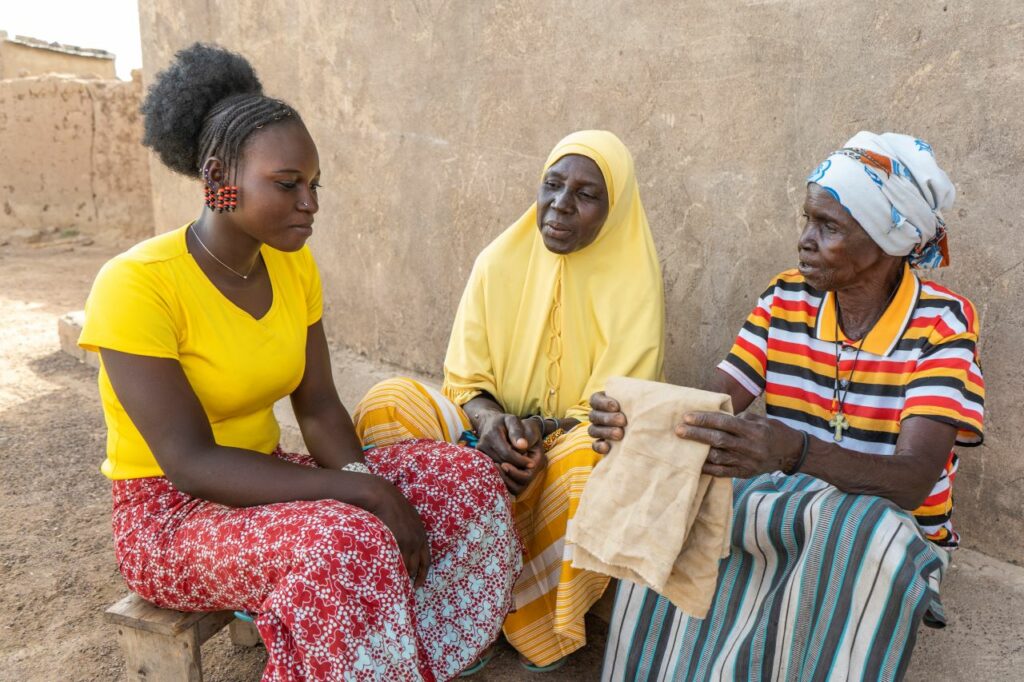
Teenager Nassi agrees, explaining that nowadays, a woman on her period can do whatever she wants and go wherever she wants. “However, she shouldn’t cook for the Muslim fast, she shouldn’t go to the mosque, she shouldn’t touch the Quran; she shouldn’t approach fetish altars, and she shouldn’t touch certain traditional medicines.”
When Nassi needs sanitary pads, she asks her mother for money to buy them, she adds, grinning. “Today’s discussion has brought me a lot, because it allowed me to travel through three generations – my grandmother’s, my mother’s, and mine. Before, I was ashamed to talk about periods with my mother, but now I’m comfortable. I can even talk about it with my grandmother!”
